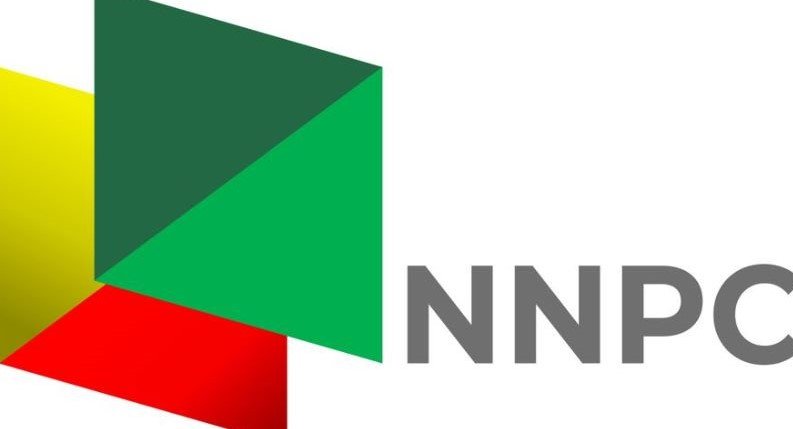“When you multiply seven million barrels by $100 that is $700 million lost per month, adding that about 150,000 barrels expected are differed, we are not producing due to security challenges.” -Wunti.
______________________________________
Nigerian National Petroleum Company Limited (NNPCL) says it losses 470,000 bpd amounting to $700 million monthly due to oil theft couple with security challenges that hindered oil production in some terminals.
This is even as it has disclosed that it has assembled an array of security measure, all coordinated by digital control system to curb the ugly trend.
The Group General Manager, National Petroleum Investment Management Services (NAPMS), Bala Wunti, made the disclosure during a tour of the facilities of the NNPCL at the weekend, explaining that the pipelines particularly those around Bonny terminal cannot be operated due to the activities of criminals.
According to her, about 270 barrels that were supposed to be loaded in Bonny are no longer going to be loaded because of theft.
Wunti explained that, “if you’re producing 30,000 barrels a day, every month, you get 1,940 barrels. So what it means is that you can take it to 270 every four days, calculate it in a month; you will have seven cargos on a million barrels, that’s seven million barrels.
“When you multiply seven million barrels by $100 that is $700 million lost per month, adding that about 150,000 barrels expected are differed, we are not producing due to security challenges.”
Wunti added that, “the Shell Petroleum Company (SPDC) trunk line, TNP transnational pipeline cannot be operated and this has been the case since March the 3rd.
The GGM also lamented that Forcados is not completely secure due to some challenges, but assured that the corporation was addressing it, and in two weeks it will be fixed.
Wunti speaking further, also said, Brass which is operated by Agip and which produces about 100,000 barrels, is also facing insecurity and vandalism.
He said: “Illegal siphoning of crude oil from oil facilities by criminal individuals and groups, impacted negatively on revenue to all stakeholders”, lamenting that the quantity of oil delivered into the federal oil terminals in the country has been limited by the activities of pipe vandals and those she called “organized crooks”.
Eshiet further added that “the impact of vandal activities caused low crude oil production, interrupted gas supply, countrywide interruption of distribution of petroleum products, refineries’ downtimes, increasing instability in the oil and gas market, but I will tell you the major thing that affects us.
“Nigeria will suffer for it; the revenues are impacted, so we can only appeal to them to rein in themselves, the oil theft situation is regrettable. It’s not going on across the whole of the Niger Delta, there are trunk lines that are more impacted and I think the Bonny trunk line ranks highest.
“Our major challenge as a country is our capability to respond and that is as a result of several factors, the terrain as well as some incapacity that we have.”
On the support of the technology in monitoring the illegal activities around the oil facilities in the creeds, she said, “I was in the Saudi Arabia infrastructure twice, and I know what they have. It’s a digital control system; it’s different from our own. Digital control system, it’s like you have the control system of all your assets in one place.
“This is beyond the digital control system; it’s also a security system and we are doing it and to tell you that this was built-in by our in-house software engineers because of the security sensitivities to it because they are customized. “So we use a combination of technology to integrate and synchronize and create what we are now confident and comfortable with.”
On the effort of the corporation to meet its financial tasks and maintained industry data on crude and all NGS production and lifting, she said the corporation ensured bulk supply of petroleum products to the nation and remit 100% of this to the federation.
On the synergy with other government agencies, Wunti, said that the Nigerian Midstream and Downstream Petroleum Regulatory Authority, former DPR, and the regulatory commission issued what they call Bill of Quantity and also handle vessel clearance and export permits while the Federal Ministry of Trade and Industry, handles the issuance of export permits.
“We also relate with the Nigerian Customs Service which also helps with the export permit and to also clear all the vessels; and the Central Bank of Nigeria, processes all Nigerian Export Proceeds forms, Nigerian export supervision scheme. So, these are all the agencies we deal with, it’s not an NNPC thing, we have to work through all these agencies before a ship can come in and sail,” Wunti added.
